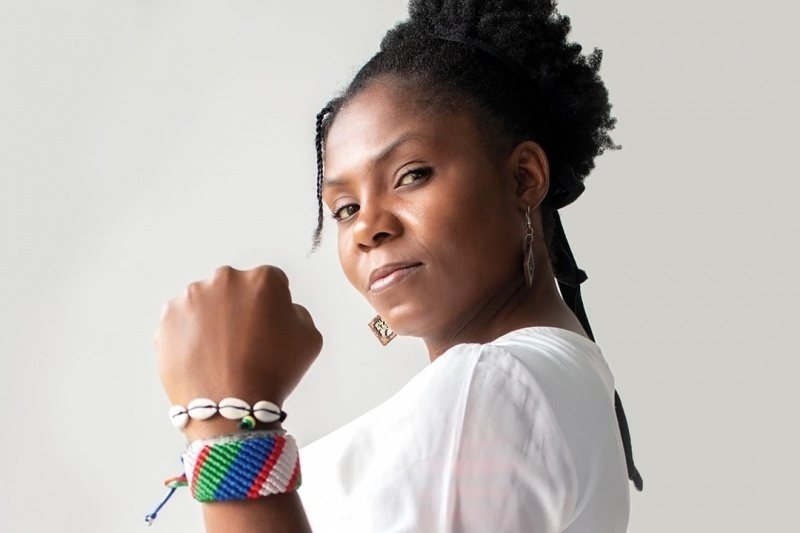In his article, Joe Parkin Daniels argues that by being the first black woman contesting for the role of the vice president, Francia Márquez is making political history in Colombia.
Mayra Fernanda Mejía, a black single mother and rural activist, never really felt that Colombia’s politicians cared about people like her – until now.

Joe Parkin Daniels / The Guardian
She has been threatened with violence for speaking out against the armed groups that plague her community, and each election season she has witnessed light-skinned candidates pass through the war-torn province of Cauca offering food handouts and empty promises of development.
But on Sunday she will cast her vote for Francia Márquez, who is hoping to become the South American country’s first black female vice-president, on the ticket of the leftist presidential frontrunner, Gustavo Petro.
Mejía is convinced that Márquez’s victory would usher in a new, more equitable chapter in a deeply unequal country.
“Francia’s candidacy for women means a before and an after, because she’s a woman, because she’s black – and because she comes from nothing,” said Mejía, who was wearing a traditional Afro-Colombian blouse and skirt. “Francia marks a before and an after in the history of Colombia.”
Afro-Colombians make up nearly 10% of Colombia’s population of 50 million, descending from enslaved people brought from Africa to work on sugar cane plantations, goldmines and the large estates of landowning Spanish colonists. Only Brazil in South America has a larger population of Afro-descendants, and like there, in Colombia they are vastly underrepresented in business and politics.
If elected, Márquez would join Costa Rica’s Epsy Campbell Barr as one of only two black female vice-presidents in Latin America, and her route from domestic worker to vice-presidential candidate has been anything but typical.
The 40-year-old has been an activist since she was 13 years old, when her village was threatened by the construction of a dam. Since then, she has worked as an artisanal goldminer and cleaner, studied for a law degree, been forcibly displaced by local mafias and survived at least one assassination attempt.
In 2014, after illegal goldminers clearcut forests, diverted a river and dumped mercury into local water supplies, the single mother of two led a march of 80 women from the mountains of her home town on a 350-mile march to the capital, Bogotá. Four years later, Márquez was awarded the prestigious Goldman environmental prize. “What sums her up best is her humility,” said Beatriz Cocino, 49, who has marched alongside Márquez in campaigns against goldminers. “Out in the countryside, it is us working the fields to feed the cities, but we’re totally forgotten.”
Find the rest of the article here.

